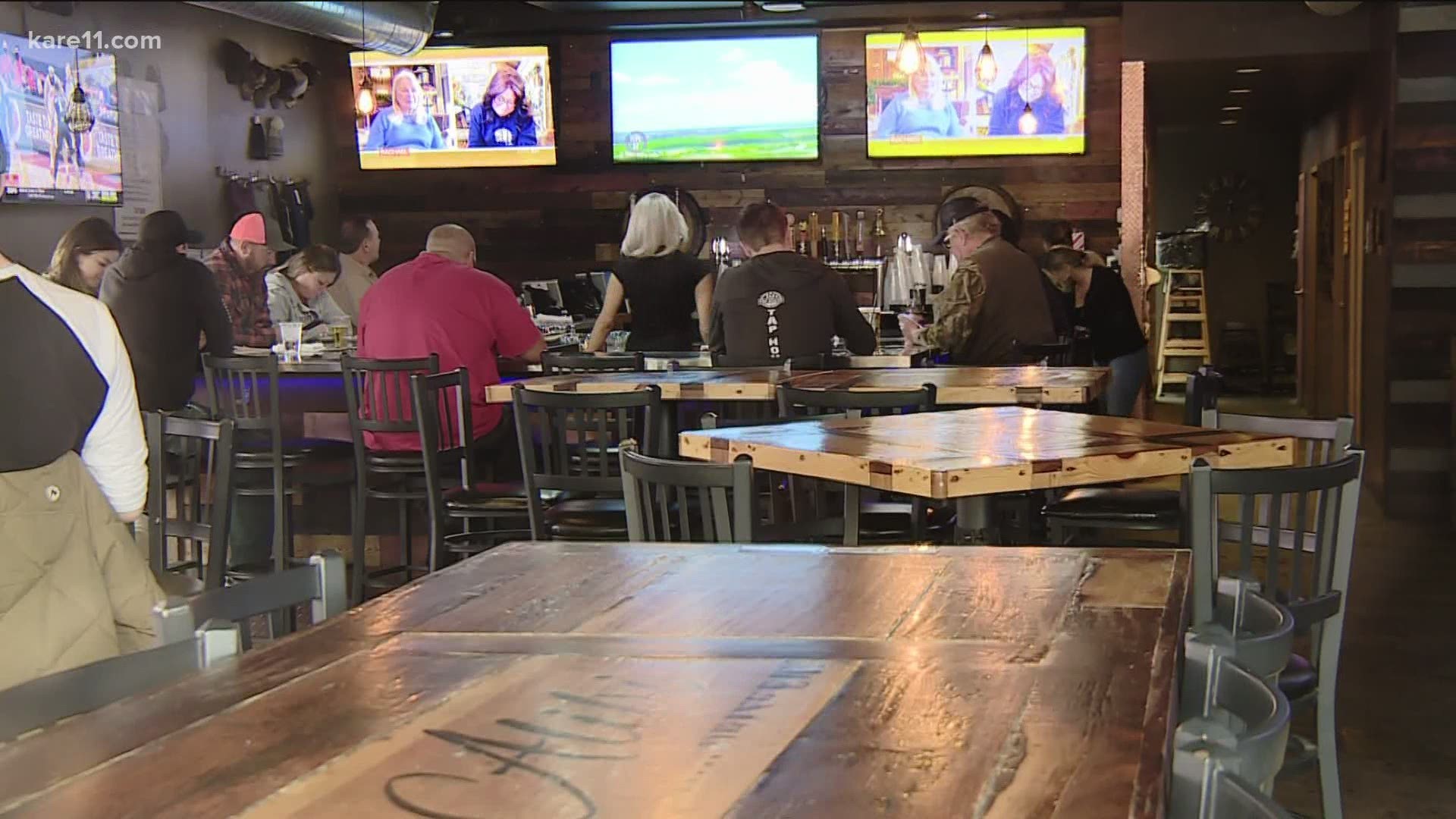In most places, COVID-19 case numbers are trending downward. The amount of vaccine is up. So, one could understand some people's need to start returning to normalcy.
But what's the difference between a rushed reopening and carefully weighing the risks and benefits?
In Mississippi, retail will open completely. Leaders in South Carolina are lifting restrictions on large gatherings. The Texas governor also got rid of the state's mask mandate.
"The vaccines is what will slow the spread of COVID as we continue to maintain the vaccination process," said Texas Governor Greg Abbott, who reported more than a million Texans were vaccinated just last week.
But does better mean over? Minneapolis' Abbott Northwestern Hospital infectious disease Dr. Frank Rhame doesn't think so.
"Maybe we'll get it to a low enough community rate that those of us who get vaccinated can go back to normalcy. I hope so, I think so, but we ain't there yet, and to relax at this point really feels painful to me," said Dr. Rhame.
In Minnesota, Governor Tim Walz is not making moves to loosen restrictions just yet, despite the Centers for Disease Control and Prevention (CDC) saying it has the lowest cumulative death rate of any surrounding state. The variants are especially adding to the doctor's concern.
RELATED: Gov. Abbott announces end to statewide mask mandate, allows Texas businesses to open at 100%
"Until we know better, I think we have to at least do the minimal things to prevent the transmission of this virus," said Dr. Rhame.
Masking and social distancing are easy asks – it's what helped us, in part, get back to school and sports.
But community spread still exists, and so does vaccine hesitancy – both indications that the fight against COVID is far from over.
"I am utterly accepting of the recognition that we need to balance the economic dislocation with the effort to control the virus," explained Dr. Rhame. "It's very complicated, but just saying, 'I'm tired of this,' is not a reason to open up."
Gov. Abbott also acknowledged COVID still exists in Texas, in the United States and across the globe. "But it is clear from the recoveries, from the vaccinations, from the reduced hospitalizations and from the safe practices that Texans are using, that state mandates are no longer needed."
He said Texans still have personal responsibilities when it comes to preventing the spread of the virus.

